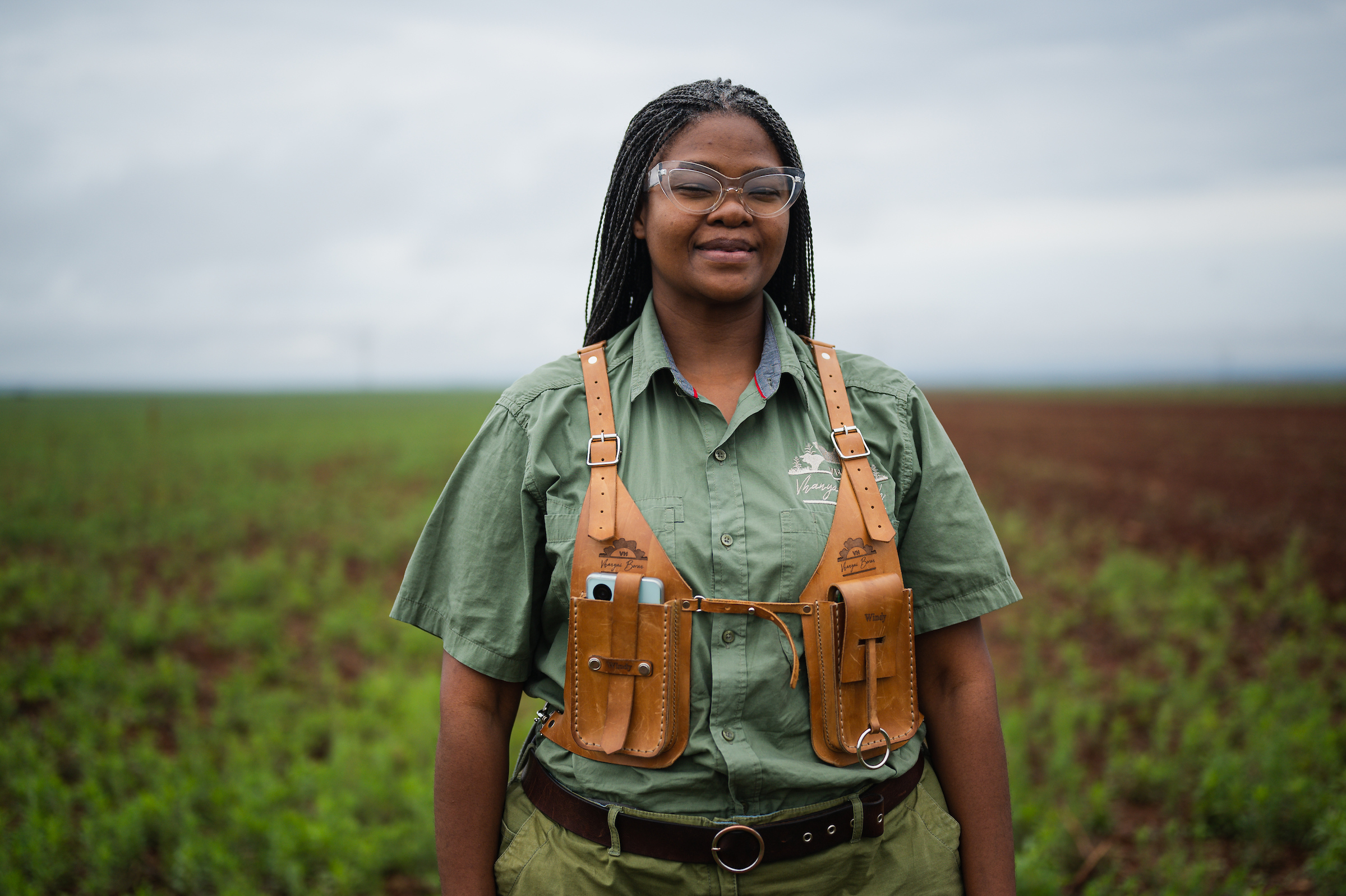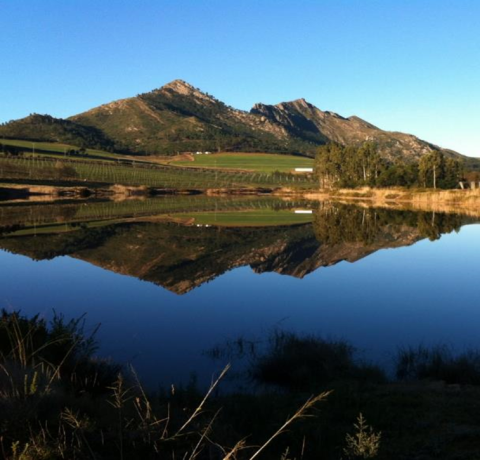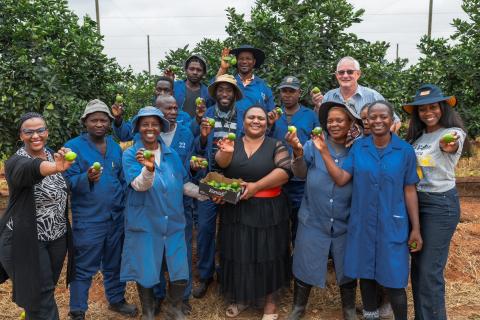
SAB and FarmSol reiterates their commitment to driving inclusive growth in our communities by increasing emerging women farmers in order to make a meaningful contribution to economic recovery and grow sustainable farming enterprises
In recognition of Entrepreneurship in November, SAB continues to raise a glass to all entrepreneurs across its value chain. As part of its recent ESG strategy launch, SAB established entrepreneurship as a key priority that seeks to support farmers, retailers and SMEs by driving growth through several empowerment interventions for women-owned businesses in townships and rural areas by 2025.
FarmSol, launched by SAB in 2016, is a rapidly growing small-medium agricultural enterprise focused on incubating smallholder and emerging farmers. Its programmes form an integral part of SAB’s ESG strategy which focuses on ensuring climate resilience, effective partnerships for water stewardship, and an inclusive economic recovery through entrepreneurship
The solutions that FarmSol provides are aimed at solving some of the critical social challenges faced by many South African rural dwellers who depends on farming for their survival and livelihood, reducing poverty and creating jobs especially in rural based communities, while ensuring that the company itself remain a viable and sustainable enterprise. In a period of 5 years the company paid out over 100 million in profits to smallholder farmers and emerging farmers, grew four folds, from having SAB as its sole customer and funding partner to securing 4 new additional funding partners who also contribute to the success of the programme.
Aron Kole, The Managing Director of FarmSol, says the company success is knit together with those of its farmers “As a company we define our success by the success of the farmers we support, if the farmers are successful then we as a company become successful, we pride ourselves with our level of professionalism, our unquestionable reputation of integrity and the high-performance culture instilled in our organisation.”
FarmSol focuses on three key interventions to empower smallholder and emerging farmers. One of the intervention programmes include Women in Agriculture which seeks to increase economic inclusion for Black women farmers in local economies with a primary focus on providing expansion capital resources to farming cooperatives and individuals. R20.2 million has been spent to date on sheds, fencing and irrigation infrastructure benefiting 16 female owned entities.
In celebration of our women in agriculture, we raise a glass to Windy Munyai, of Vhanyai Ranch, based in Magaliesburg who discovered her passion for agriculture back in 2009 with livestock and thereafter gradually introduced piggery, poultry and grain crops in her farming business where she farms jointly with her husband.
“It is a blessed distinctive journey of goodwill to be under the FarmSol development programme since 2019 to date. Vhanyai Ranch is celebrating a fruitful 4th year under high supervision of Farmsol ensuring continuous solid market access and building long term sustainable business relationship. We learned about the Farmsol collaboration programme with small farmers in 2018, then we followed the application process by submitting all documents required” says Munyai
Farmers participating in the incubation programmes supply SAB with Yellow Maize and Barley required for producing beer. Other crops produced by our smallholder farmers include Soya, Wheat, Canola, Sunflower and Oats, the Sunflower is supplied to Siqalo Foods, for the manufacturing of famous brands such as Rama, Stork and Rondo margarine.
Zoleka Lisa, Vice President of Corporate Affairs for SAB, says the company is proud of the strides made my emerging farmers and will continue to support local farmers. Lisa says “It’s imperative to us to have a sustainable company and beer is reliant on a thriving agricultural sector and a healthy natural environment. Our operations and products are therefore intricately linked to nature which is why this is so crucial to us,” says Lisa.
For agriculture to be sustainable, it must meet the needs of current and future generations as well as ensure profitability, environmental health, and social equity. As a way of demonstrating support to a thriving agricultural sector, especially female farmers, SAB aims to support over 15000 women entrepreneurs across its value chain and ensure they thrive in challenging environments by 2025.



